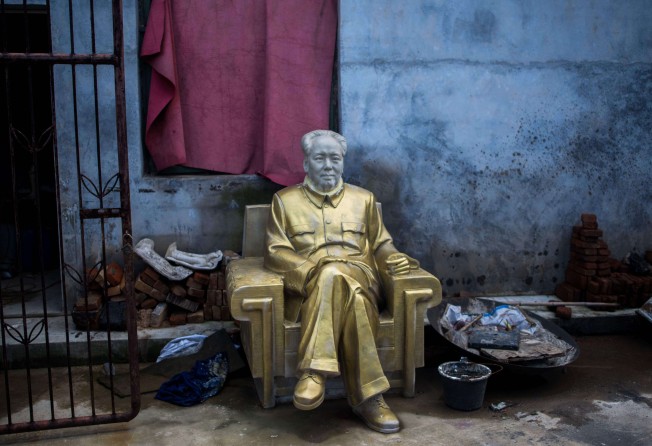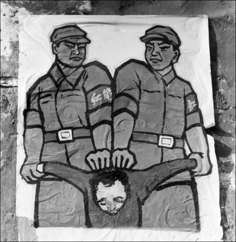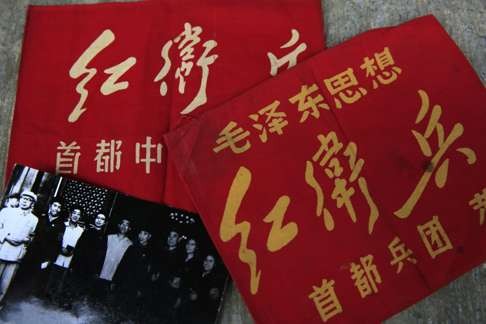
50 years after the Cultural Revolution, there’s no forgetting the horrors of ‘us versus them’
Alice Wu says Monday, May 16, is a day for reflection on the painful legacies of two past events – the signing of the Sykes-Picot Agreement and the start of Mao’s devastating campaign

We read history not for the sole purpose of allocating blame, shame and justification for revenge. Instead, in understanding the past, we can better understand our present. By confronting human failure and cruelty, we try not to repeat it.
A century ago, on May 16, two diplomats from Britain and France secretly signed the infamous Sykes-Picot Agreement (otherwise known as the Asia Minor Agreement), dividing the spoils of the Ottoman empire between the two countries by arbitrarily drawing a line across a map, behind the backs of their Arab allies. That “line” drawn in the sand marks the epitome of imperialist arrogance, ignorance and duplicity. Colonial spoils were divided without the knowledge of the people involved, or regard for the ethnic and religious divisions already present. To this day, the human carnage and destruction – not only in the Middle East – sown by the seed of Sykes-Picot is extraordinarily painful to bear.
The Sykes-Picot Agreement defined the borders of Iraq and Syria. It is the erasing of these very lines that has been a driving force for the terrorist group Islamic State of Iraq and Syria.

The crises the world faces today are the legacy of false notions of supremacy, bad political decisions and colonial contrivances made a century ago. And the world has been paying for them with innocent lives. We must pause and recognise the role of the imperial mindset that set forth a century of suffering, and that includes the rest of the world – beyond the Middle East – that subsequent wars have “carved up”.
And, as we live with what has been made by history, do we sit back and read Ecclesiastes 1:9 with passive acceptance (What has been will be again, what has been done will be done again; there is nothing new under the sun)? Or, do we try to stop this kind of “greatness” ideology that has driven the world to the brink many a time? We must, then, be wary of those who talk about restoring “greatness”, and of those who air their sense of supremacy and infallibility.

The “May 16 Notice” drew lines to define and denounce “enemies”. The Cultural Revolution was an utter horror that tore people, communities and families apart, and blew traditional Chinese values into oblivion. Students beat teachers to death, family members denounced one another, and the dark side of human nature reared its ugly head.

The devastation of this dark chapter of recent Chinese history still haunts us today. Hundreds of thousands, if not millions, escaped illegally to Hong Kong – and countless others lost their lives trying. And it is against this historical backdrop that all must come to terms with the mistrust of Beijing that exists in Hong Kong. Many are descendants of those who fled for their lives, of victims who didn’t pass “the telescope and microscope of Mao Zedong Thought”.
We must also be wary, today, of how easily our community can be split, and how easily the propaganda of hate, division and denouncement of enemies is also being perpetuated by our own politicians and some media outlets.
As we look back at the catalogue of disasters humanity has brought upon itself, let us also not forget that, 30 years ago on May 16, a group of scientists refuting the belief that violence is biologically determined declared that, “Just as ‘wars begin in the minds of men’, peace also begins in our minds”. Their declaration, known as the Seville Statement, concluded: “The same species who invented war is capable of inventing peace. The responsibility lies with each of us.”
Alice Wu is a political consultant and a former associate director of the Asia Pacific Media Network at UCLA